Epoxy resin lab countertops
The epoxy resin lab countertops have strong acid resistance and originate from their three-dimensional cross-linked molecular structure after curing:
- Chemically Inert Skeleton: Epoxy resin reacts with curing agents to form a dense polymer network. Stable chemical bonds such as carbon-carbon (C-C) and carbon-oxygen (C-O) bonds are not easily broken by strong acids ( H⁺ ions).
- Non-Polar Surface: Strong acid solutions ( sulfuric acid, hydrochloric acid) hardly penetrate or swell the cross-linked resin matrix, preventing degradation of the internal structure.
Phenolic resin countertops
Grey epoxy countertops
Epoxy resin sinks
Phenolic countertops durability
Laboratory epoxy countertops
Lab ceramic countertops
Acid resistant countertops
Epoxy countertops pros and cons
Synergy Between Strong Acid Resistance and Other Properties
- High Temperature Resistance + Strong Acid Resistance
- Some special epoxy resin countertops can withstand temperatures above 150°C while resisting strong acid vapors (SO₃ gas generated by heating sulfuric acid), preventing intensified acid corrosion due to temperature increase.
- Non-Porous Structure + Strong Acid Resistance
- The dense surface prevents strong acids from penetrating into the material. Even if splashing occurs, neutralizing with sodium bicarbonate solution and wiping can avoid deep corrosion .compared to porous materials like wood or concrete, where acid liquids easily penetrate, causing irreversible damage.
- Impact Resistance + Strong Acid Resistance
- The high-strength resin matrix maintains mechanical properties in strong acid environments. Even if impacted by falling glassware, it is not prone to cracks that allow acid liquids to penetrate internally.
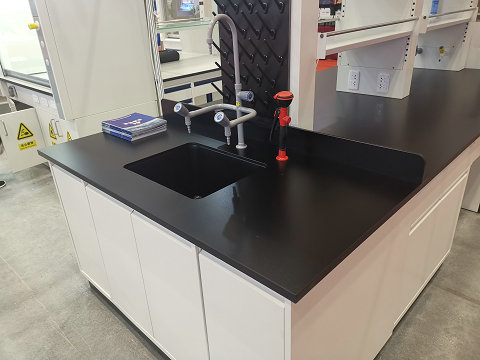
Typical Strong Acids and Concentrations Resisted
| Type of Strong Acid | Common Concentration | Performance of Epoxy Resin Countertops |
|---|---|---|
| Sulfuric Acid (H₂SO₄) | 98% (concentrated) | No surface corrosion, discoloration, or softening after long-term contact; withstands sulfuric acid vapor at high temperatures (during sulfuric acid heating experiments). |
| Hydrochloric Acid (HCl) | 37% (concentrated) | Resistant to chloride ion (Cl⁻) erosion, no swelling or pore expansion, suitable for experiments involving hydrochloric acid titration or extraction. |
| Nitric Acid (HNO₃) | 68% (concentrated) | Resists strong oxidative corrosion, no nitration or oxidation discoloration on the surface, ideal for dissolving metal samples with nitric acid in inorganic chemistry. |
| Phosphoric Acid (H₃PO₄) | 85% (concentrated) | Resistant to high-concentration viscous phosphoric acid, no penetration or structural damage, commonly used in phosphate preparation or acidic buffer solution configuration. |
| Hydrofluoric Acid (HF) | Requires special formulation | Ordinary epoxy resin is not resistant to hydrofluoric acid (F⁻ corrodes silicon), but special epoxy resin with fluoride inhibitors can withstand low-concentration HF (below 5%). |
| Aqua Regia (conc. HCl + conc. HNO₃) | Volume ratio 3:1 | No obvious damage from short-term contact (after splashing and timely wiping), but long-term immersion may cause slight surface dullness; prompt cleaning is required. |
About us
We are a Chinese supplier specializing in corrosion-resistant solutions for epoxy lab countertops and providing high-quality epoxy slabs, epoxy countertops, marine worktops, and laboratory epoxy sinks to global laboratory furniture clients. Our products are manufactured with professional formulation processes, offering excellent resistance to acid, alkali, impact, and high temperatures. Certified to international standards, they are reliably applied in professional laboratory scenarios such as biochemistry, chemical analysis, pharmaceutical R&D, university research, and food testing. Backed by a mature supply chain system and large-scale production capabilities, we ensure both product quality and competitive cost-effectiveness, gaining wide recognition in global markets. From customized size processing to fast delivery, we provide end-to-end service support to help create safe and durable laboratory working environments.
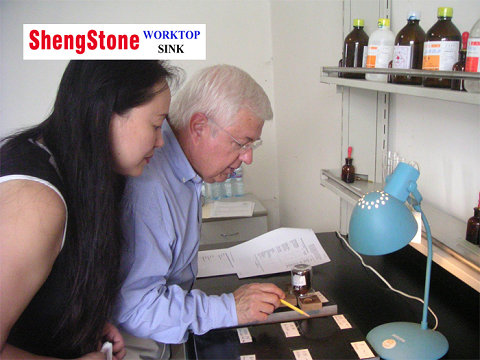
Epoxy resin Marine edge lab countertops
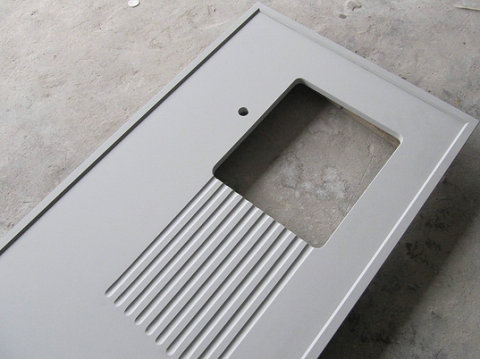
Laboratory epoxy slabs

Epoxy sinks
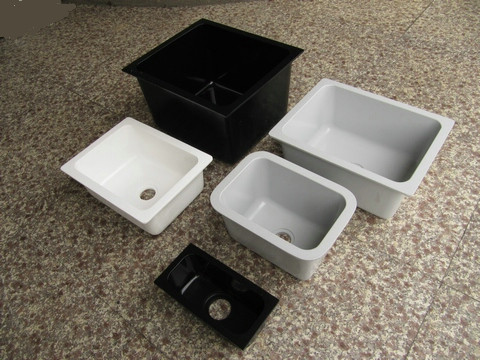
Marine edges

International cooperation
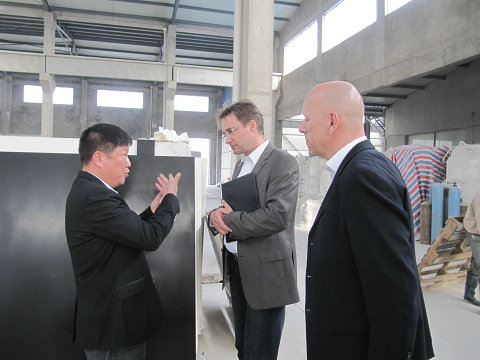
Strong chemical resistance
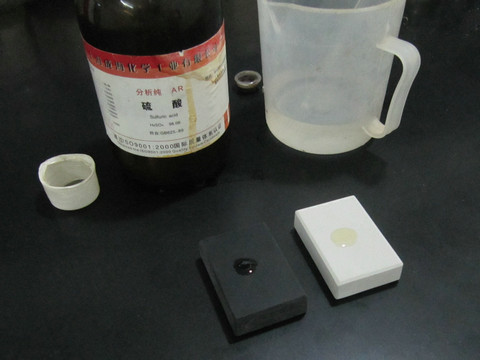
Countertops Heat resistance

SGS Certificate

shipping
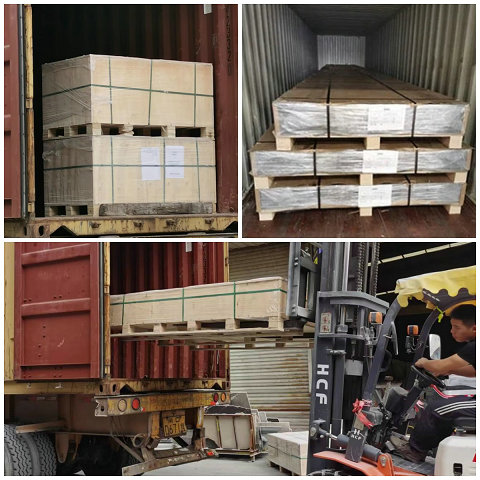
professional epoxy countertops supplier
